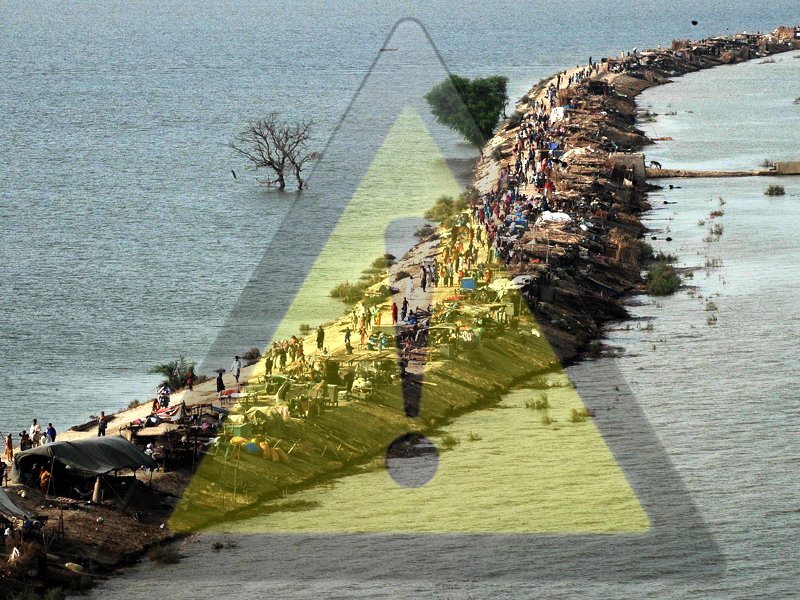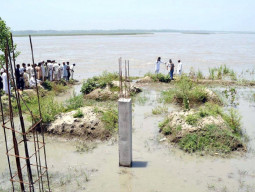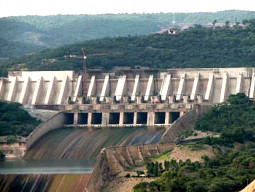
PESHAWAR:
People living on the banks of Kabul River, rivers Abaseen (part of the Indus River) and Khyali were gripped with panic on Saturday following rumours of floods.
The alarm was raised by a frightening increase in water levels in Kabul River which caused the embankments in Jamat, Charsadda to give way.
When contacted, Provincial Disaster Management Authority (PDMA) Emergency Operation Centre Communication Officer Ilyas Khan said the water level at Kabul River on Saturday was recorded at 103,000 cusecs, indicating medium-intensity floods. High-level floods start from 134,000 cusecs, he added.
“We are vigilantly tracking water levels, and would issue an early flood warning if there is a possibility of a high-intensity flood,” claimed Ilyas.
Khyber-Pakhtunkhwa (K-P) Meteorological Office Director Mushtaq Ali Shah told The Express Tribune due to rising temperatures, glaciers in Malakand division – which includes Upper and Lower Dir, Swat, and Chitral – are melting at a rapid speed. This is causing rivers Swat, Panjkora, Chitral, Balakot and Kabul to swell, explained Shah.

However, the director refuted any possibility of major floods; levels will gradually return to normal from June 15 to June 20. “Kabul River will return to standard water levels after June 15 as the mercury drops in hilly areas of Malakand division,” he claimed.
“From June 15, the River Indus water levels will gradually increase as glaciers in the Northern Areas, including Gilgit, will start melting,” added Shah.
When asked about the imminent monsoon season, which starts roughly in mid June and lasts till the end of August, Director Shah said the rain will bring no possibility of major floods in K-P.
“The relevant departments hold coordination meetings to assess flood-related scenarios after every 15 days. District administrations, Provincial Disaster Management Authority, Irrigation and Met departments are fully prepared to deal with any untoward situation.”
Published in The Express Tribune, June 9th, 2013.





































COMMENTS
Comments are moderated and generally will be posted if they are on-topic and not abusive.
For more information, please see our Comments FAQ